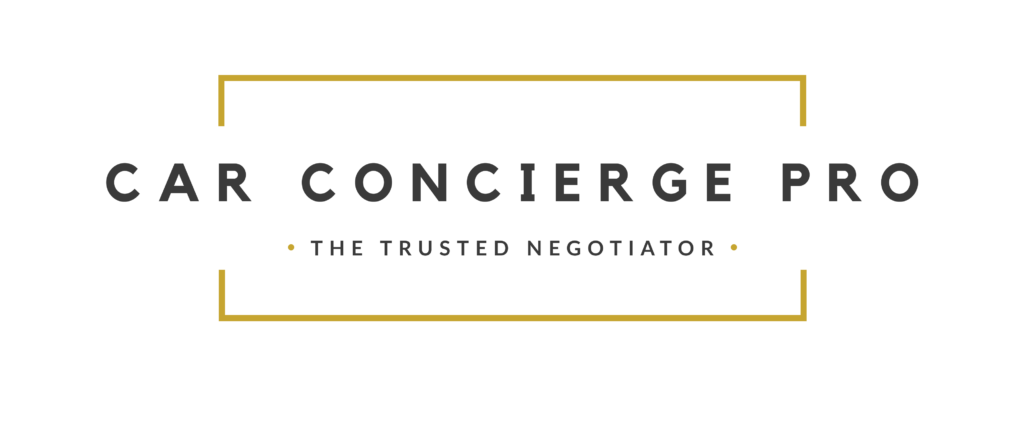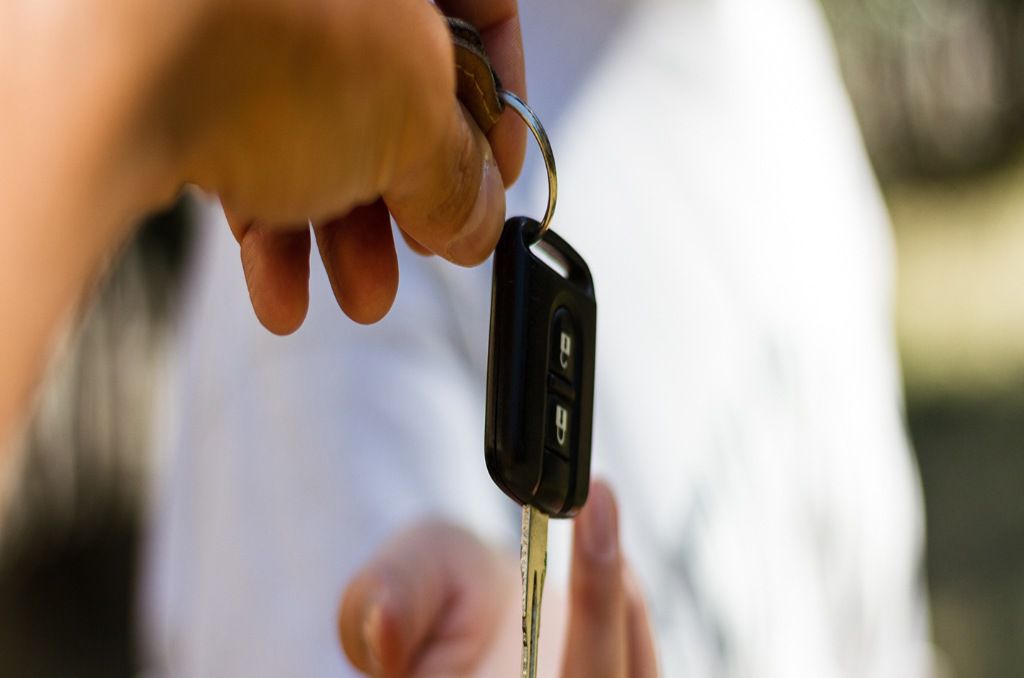Getting into a car accident is stressful, no matter how minor it seems. Your heart races, your mind starts spinning, and suddenly you’re faced with decisions you may not feel ready to make. In a busy city like Miami, where traffic congestion, tourism, and unpredictable weather all play a part, accidents happen more often than you might expect. And what you do in the minutes, hours, and even days after a crash can significantly impact what happens next.
From dealing with insurance to handling injuries or vehicle damage, it’s easy to make mistakes when emotions run high. These mistakes can delay your recovery, complicate your claim, or even cost you financially. That’s why it’s so important to stay calm and know what to avoid. Let’s walk through the most common errors drivers make after an accident, so you can be prepared and protect yourself if it ever happens to you.
Not Contacting a Lawyer When You Might Need One
One of the most overlooked steps after an accident is reaching out to legal help, especially if you’re unsure who was at fault or dealing with injuries. Many people assume lawyers are only needed for major crashes, but even smaller accidents can lead to complicated claims, long-term medical issues, or unfair settlements.
In a city like Miami, where car accidents are common and insurance laws can be tricky to navigate, having the right support matters. Working with a knowledgeable Miami auto accident lawyer gives you access to someone who understands Florida law, knows how to handle insurance negotiations, and can help you seek compensation if you’ve missed work, suffered injuries, or incurred medical expenses. A lawyer can step in early to guide you through the legal process, protect your rights, and ensure no critical steps are missed, so you can focus on healing while they handle the rest.
Failing to Call the Police at the Scene
It’s tempting to skip calling the police after a minor accident, especially if both parties seem to agree on what happened. But that’s a risk you shouldn’t take. A police report provides an official record of the incident, which can be crucial if questions or disputes come up later. It helps establish facts, documents any statements made at the scene, and gives your insurance company something concrete to work with.
Without a report, it’s often just your word against the other driver’s. And if that driver changes their story, denies fault, or refuses to cooperate later, you might find yourself in a tough spot. Always call the police, no matter how small the accident seems.
Not Collecting Enough Evidence
Right after a crash, your focus is usually on safety and damage, but it’s also the best time to gather key information. It includes photos of all vehicles involved, the surrounding road conditions, street signs, and any visible injuries. Take close-ups and wide shots from different angles. Don’t forget to photograph license plates and vehicle damage.
You should also exchange contact and insurance details with the other driver, and get the names and numbers of any witnesses. If you’re shaken up or worried you’ll forget something, consider recording a quick voice memo on your phone while the events are fresh in your mind. These details can be incredibly helpful when filing a claim or if your case ends up in court.
Admitting Fault at the Scene
In the heat of the moment, it’s natural to say things like “I’m sorry” or “I didn’t see you” even if you’re not to blame. But those words can be misinterpreted as an admission of fault, which might hurt your case later on.
You’re not expected to determine who was responsible at the scene; that’s what police reports, insurance adjusters, and sometimes lawyers are for. Instead, focus on gathering information, staying calm, and avoiding any statements that suggest you were at fault. Let the facts speak for themselves.
Giving Too Much Info to the Other Driver’s Insurance
Once the other driver reports the accident, you may get a call from their insurance company. It’s important to remember that their goal is to minimize how much they pay, not to help you. They might ask for a recorded statement or seem friendly as they ask detailed questions, but giving too much information can backfire.
You’re not required to speak to the other party’s insurer. If you do, keep your responses brief and stick to basic facts like the time, date, and location of the accident. Avoid guessing or offering opinions. If you’re unsure what to say, let them know your lawyer or insurance company will follow up.
Delaying Medical Attention
Many injuries, especially soft tissue or internal ones, don’t show symptoms right away. You might feel fine at the scene but wake up sore or dizzy the next day. If you wait too long to see a doctor, it not only affects your health but also weakens any claim you might file.
Insurance companies often look at delays in medical care as a sign that your injuries aren’t serious or weren’t caused by the accident. That’s why it’s smart to get checked out by a medical professional within 24 to 48 hours after the crash, even if you don’t feel hurt. Keep a record of any treatments, medications, and follow-up appointments, too.
Ignoring Insurance Policy Details
A surprising number of drivers don’t fully understand what their auto insurance covers until they’re dealing with a claim. Take time now to review your policy, especially your deductible, rental car coverage, and whether you have collision or uninsured motorist protection.
Knowing what your insurance does and doesn’t cover can save you time and frustration after an accident. It also helps you ask the right questions and avoid surprises during the claims process. If you’re unclear about your coverage, contact your agent and ask them to walk you through the key points.
No one plans for a car accident, but how you respond can make a big difference in the outcome. Avoiding common mistakes like skipping medical care, sharing too much with the wrong people, or failing to get legal help can save you a lot of stress and money in the long run.
The best approach is to stay calm, document everything, and protect your rights from the beginning. Accidents can be overwhelming, but with the right steps and the right support, you’ll be better prepared to handle whatever comes next.





